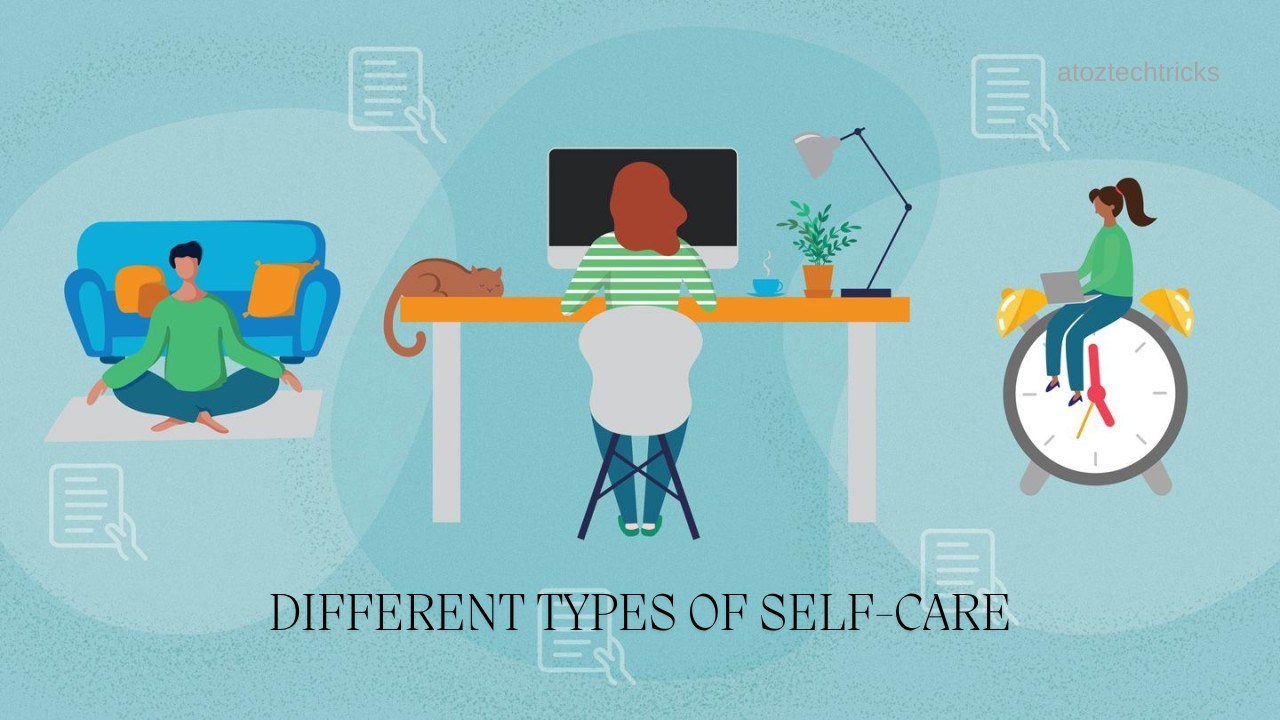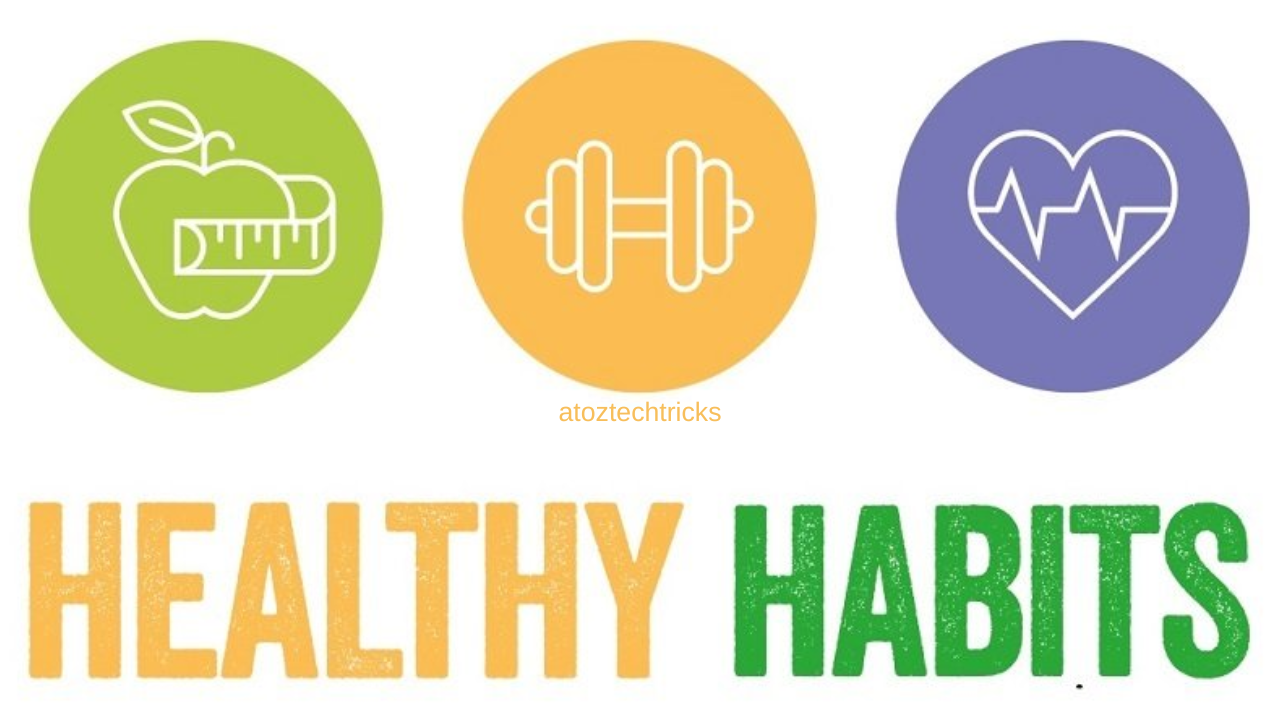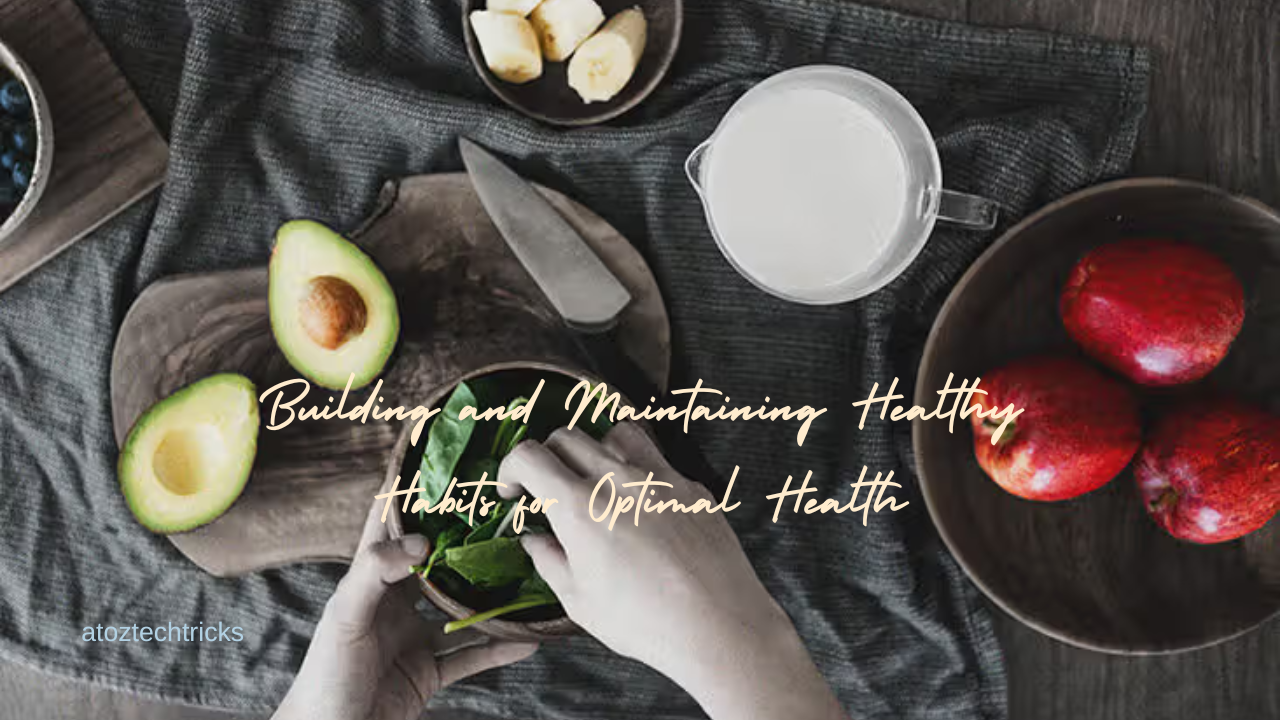Different Types of Self-Care: A Comprehensive Guide
In today’s fast-paced world, the concept of self-care has become more critical than ever. It’s no longer just a buzzword; it’s a necessity for maintaining overall well-being. Self-care encompasses a wide range of activities that help individuals nurture their physical, mental, emotional, and even spiritual health. By understanding and practising different types of self-care, you can create a balanced and fulfilling life. This guide explores the various dimensions of self-care and provides actionable tips for incorporating them into your daily routine.
1. Physical Self-Care
Physical self-care involves activities that improve your physical health and well-being. It’s about taking care of your body, the vehicle through which you experience life. This type of self-care is foundational, as a healthy body supports a healthy mind and spirit.
a. Exercise
Regular physical activity is one of the most effective ways to take care of your body. Exercise improves cardiovascular health, strengthens muscles, enhances flexibility, and boosts mood by releasing endorphins, the body’s natural feel-good hormones. Whether it’s a brisk walk, yoga, weightlifting, or dancing, find an activity that you enjoy and can commit to regularly.
b. Nutrition
What you eat has a direct impact on how you feel. A balanced diet rich in fruits, vegetables, whole grains, lean proteins, and healthy fats provides the nutrients your body needs to function optimally. Consider meal planning to ensure you’re getting a variety of nutrients, and stay hydrated by drinking plenty of water throughout the day.
c. Sleep
Adequate sleep is crucial for physical health. It allows your body to repair itself, strengthens the immune system, and improves cognitive function. Aim for 7-9 hours of quality sleep each night by establishing a consistent bedtime routine, creating a relaxing sleep environment, and limiting screen time before bed.
d. Personal Hygiene
Maintaining good personal hygiene is a basic yet essential form of physical self-care. Regular bathing, dental care, and grooming not only keep you clean and healthy but also boost self-esteem and confidence. Consider incorporating relaxing rituals, such as a warm bath or skincare routine, into your day.
e. Preventive Healthcare
Regular check-ups, screenings, and vaccinations are crucial components of physical self-care. These measures help detect potential health issues early and keep you informed about your overall health status. Don’t neglect dental visits, eye exams, or mental health check-ins, as they are integral to comprehensive physical care.

2. Mental Self-Care
Mental self-care focuses on nurturing your mind and intellectual well-being. It involves activities that challenge your brain, reduce stress, and foster a positive mindset. A healthy mind is essential for making sound decisions, solving problems, and maintaining a balanced life.
a. Mindfulness and Meditation
Mindfulness practices, such as meditation, help you stay present and reduce mental clutter. By focusing on the present moment, you can reduce stress, improve concentration, and cultivate a sense of calm. Even just a few minutes of daily meditation can make a significant difference in your mental well-being.
b. Continuous Learning
Engaging in lifelong learning keeps your mind sharp and curious. Whether it’s reading books, taking online courses, or exploring new hobbies, learning new things stimulates your brain and enhances cognitive function. Consider setting aside time each day or week to learn something new.
c. Mental Breaks
In today’s digital age, our minds are constantly bombarded with information. Taking mental breaks throughout the day allows your brain to rest and recharge. Step away from your work, take a walk, practice deep breathing, or engage in a creative activity. These breaks can improve focus, productivity, and overall mental clarity.
d. Setting Boundaries
Mental self-care also involves setting healthy boundaries with others and with technology. Learn to say no to commitments that overwhelm you and limit your screen time to reduce exposure to negative news or social media. Boundaries protect your mental space and allow you to prioritize your well-being.
e. Positive Affirmations
Practising positive affirmations can help rewire your brain for success and happiness. By repeating positive statements about yourself and your life, you can shift your mindset from one of self-doubt to one of self-empowerment. Incorporate affirmations into your daily routine, whether through journaling or verbal repetition.
3. Emotional Self-Care
Emotional self-care is about understanding, expressing, and managing your emotions in healthy ways. It involves activities that help you process feelings, cope with stress, and build emotional resilience. Strong emotional health allows you to navigate life’s challenges with greater ease.
a. Emotional Awareness
Developing emotional awareness is the first step in emotional self-care. This involves recognizing and naming your emotions as they arise. By understanding what you’re feeling and why, you can respond to situations more thoughtfully rather than reacting impulsively. Journaling can be a helpful tool for tracking and reflecting on your emotions.
b. Expressing Emotions
It’s important to find healthy ways to express your emotions, whether it’s through talking to a trusted friend, writing in a journal, or engaging in creative outlets like art or music. Bottling up emotions can lead to increased stress and emotional burnout, so make time for regular emotional release.
c. Seeking Support
Don’t hesitate to seek support when you need it. Whether it’s through therapy, counselling, or talking to a trusted friend or family member, having a support system in place is crucial for emotional self-care. Professional help can provide valuable insights and coping strategies for managing difficult emotions.
d. Practicing Gratitude
Gratitude is a powerful tool for emotional well-being. By focusing on the positive aspects of your life, you can shift your perspective and cultivate a more optimistic outlook. Consider keeping a gratitude journal where you write down things you’re thankful for each day, no matter how small.
e. Letting Go of Toxic Relationships
Part of emotional self-care is recognizing when a relationship is no longer serving your well-being. Toxic relationships, whether with friends, family, or romantic partners, can drain your emotional energy and harm your mental health. Practice self-compassion by setting boundaries or walking away from relationships that are detrimental to your emotional health.
4. Social Self-Care
Social self-care involves nurturing your relationships and social connections. Humans are inherently social beings, and maintaining healthy relationships is essential for overall well-being. Social self-care is about creating and maintaining positive, supportive relationships with others.
a. Quality Time with Loved Ones
Spending quality time with friends and family strengthens your social bonds and provides a sense of belonging. Whether it’s a phone call, a coffee date, or a family gathering, make an effort to connect with the people who matter most to you. These interactions can provide emotional support, reduce feelings of loneliness, and increase happiness.
b. Building a Support Network
Having a strong support network is crucial for social self-care. Surround yourself with people who uplift and support you, whether it’s through friendships, community groups, or professional networks. A support network provides a sense of security and can be a valuable resource in times of need.
c. Communication Skills
Effective communication is key to maintaining healthy relationships. Practice active listening, assertiveness, and empathy in your interactions with others. By improving your communication skills, you can build stronger connections and resolve conflicts more effectively.
d. Setting Social Boundaries
While social connections are important, it’s also essential to set boundaries to protect your well-being. Learn to say no to social engagements that overwhelm you and prioritize your own needs. Social self-care is about finding a balance between spending time with others and taking time for yourself.
e. Volunteering and Giving Back
Helping others can be a rewarding form of social self-care. Volunteering your time or resources to a cause you care about not only benefits others but also fosters a sense of purpose and community. Acts of kindness and giving back can boost your mood and strengthen your social connections.
5. Spiritual Self-Care
Spiritual self-care is about nurturing your spirit and finding meaning and purpose in life. It’s not necessarily about religion, although it can be for some people. Spiritual self-care involves activities that connect you to something greater than yourself and provide a sense of inner peace.
a. Meditation and Prayer
Meditation and prayer are common practices in spiritual self-care. These activities help you connect with your inner self and the world around you. Whether through silent meditation, prayer, or deep reflection, these practices can bring a sense of calm and clarity.
b. Connecting with Nature
Nature has a powerful ability to ground and rejuvenate the spirit. Spending time outdoors, whether hiking in the mountains, walking along the beach, or simply sitting in a park, can help you feel more connected to the world around you. Nature provides a space for reflection, relaxation, and spiritual growth.
c. Practicing Mindfulness
Mindfulness is a key component of spiritual self-care. By being fully present in the moment, you can experience life more deeply and find greater meaning in everyday activities. Mindfulness practices, such as deep breathing, mindful eating, and mindful walking, can help you cultivate a greater sense of spiritual awareness.
d. Reflecting on Your Values
Taking time to reflect on your values and beliefs is an important aspect of spiritual self-care. Consider what matters most to you and how your actions align with your values. This reflection can guide you in making decisions that are in harmony with your true self.
e. Engaging in Creative Expression
Creative activities, such as painting, writing, or playing music, can be a form of spiritual self-care. These activities allow you to express your inner thoughts and emotions in a way that connects you to your deeper self. Creative expression can be a powerful tool for spiritual growth and self-discovery.
6. Practical Self-Care
Practical self-care involves taking care of the everyday tasks and responsibilities that contribute to your overall well-being. It’s about creating a stable and organized life that supports your physical, mental, and emotional health.
a. Time Management
Effective time management is a crucial aspect of practical self-care. By organizing your time and prioritizing tasks, you can reduce stress and create a more balanced life. Consider using tools like planners, to-do lists, and time-blocking techniques to manage your schedule effectively.
b. Financial Management
Managing your finances is an important part of practical self-care. Creating a budget, saving for the future, and managing debt can reduce financial stress and provide a sense of security. Consider seeking financial advice or using budgeting apps to help you stay on track.
c. Organization and Decluttering
A cluttered environment can contribute to stress and overwhelm. Practising organization and decluttering can create a more peaceful and functional living space. Take time to organize your home, office, and personal belongings, and regularly declutter to maintain a tidy environment.
d. Goal Setting
Setting and working towards goals is an important aspect of practical self-care. Whether it’s personal, professional, or financial goals, having a clear sense of direction can provide motivation and a sense of accomplishment. Break down your goals into actionable steps and track your progress regularly.
e. Self-Reflection and Assessment
Regularly assessing your life and making adjustments as needed is an essential part of practical self-care. Reflect on your habits, routines, and overall well-being, and identify areas where you can make improvements. Self-reflection helps you stay aligned with your values and goals.
7. Professional Self-Care

Professional self-care involves taking care of your career and work-life balance. It’s about creating a fulfilling and sustainable professional life that supports your overall well-being.
a. Work-Life Balance
Maintaining a healthy work-life balance is crucial for professional self-care. Set boundaries between work and personal life, and make time for activities that bring you joy outside of work. Consider flexible work arrangements or time management strategies to create a more balanced life.
b. Professional Development
Continuing to grow and develop in your career is an important aspect of professional self-care. Seek out opportunities for learning and development, whether through courses, workshops, or mentorship. Professional growth can lead to greater job satisfaction and fulfilment.
c. Stress Management at Work
Work-related stress is a common challenge, but there are strategies for managing it effectively. Practice stress management techniques, such as deep breathing, taking breaks, and prioritizing tasks. Don’t hesitate to seek support from colleagues or supervisors if needed.
d. Networking and Building Relationships
Building and maintaining professional relationships is an important aspect of professional self-care. Networking can provide opportunities for career growth, mentorship, and support. Attend industry events, join professional organizations, and connect with colleagues to build a strong professional network.
e. Self-Advocacy
Advocating for yourself in the workplace is an essential part of professional self-care. Whether it’s negotiating for a raise, setting boundaries, or seeking new opportunities, self-advocacy helps you take control of your career and create a fulfilling work environment.
Self-Care for Caregivers and Parents: Nurturing Yourself While Caring for Others
Self-care is a multi-dimensional practice that encompasses various aspects of life. By nurturing your physical, mental, emotional, social, spiritual, practical, and professional well-being, you can create a balanced and fulfilling life. Remember that self-care is a personal journey, and what works for one person may not work for another. Take the time to explore different types of self-care and find the practices that resonate with you. Prioritizing self-care is not selfish; it’s an essential part of living a healthy, happy, and meaningful life.





Post Comment